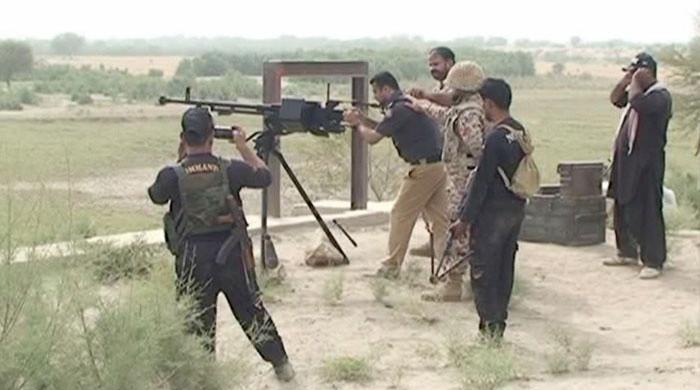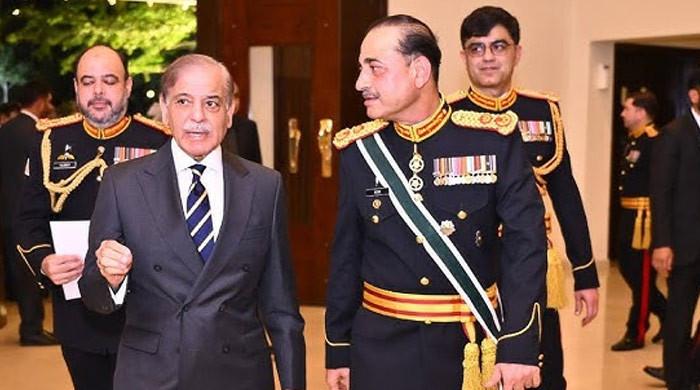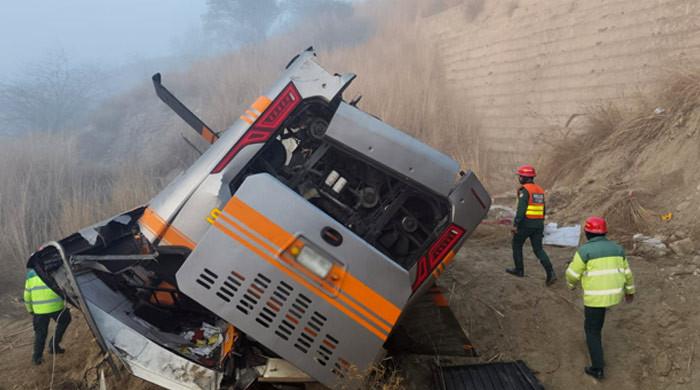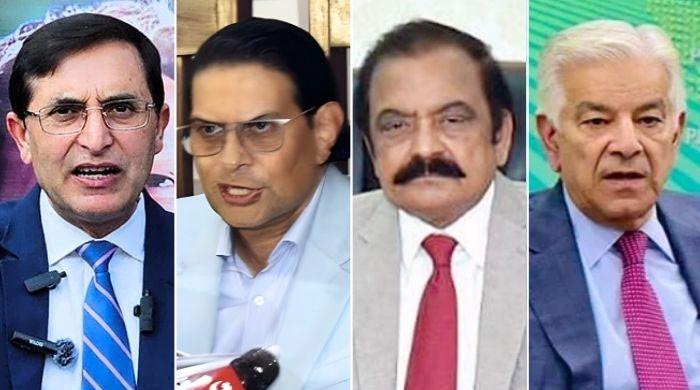LHC's decision to declare TLP chief's detention 'illegal' challenged in SC
"The government's decision to detain Saad Rizvi is legally valid," Punjab government says in plea
October 11, 2021
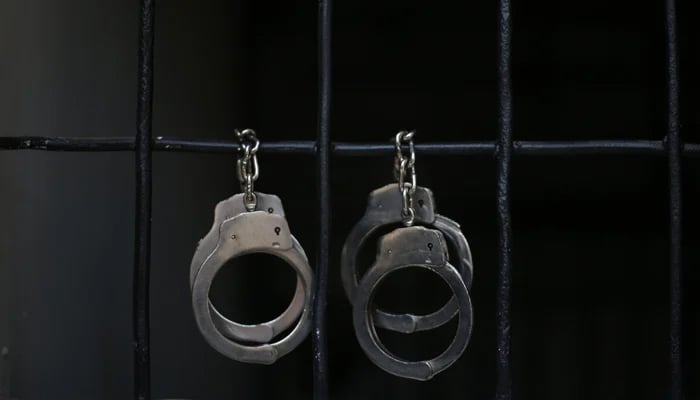
- Punjab government says decision to detain Saad Rizvi legally valid.
- It asks Supreme Court to quash Lahore High Court's decision.
- LHC had on October 1 declared TLP chief's detention illegal.
LAHORE: The Punjab government on Monday took to the Supreme Court and challenged the Lahore High Court's decision to declare Tehreek-i-Labbaik Pakistan (TLP) chief Hafiz Saad Hussain Rizvi's detention illegal.
The government, in the plea submitted to the apex court, said the LHC's decision to release the TLP chief does not fulfill legal requirements, adding that a detailed record of the case was also submitted to the LHC.
"The government's decision to detain Saad Rizvi is legally valid [....] therefore, the Supreme Court should quash Lahore High Court's decision," the plea added.
The plea has been submitted two days after Lahore's deputy commissioner had ordered the release of Rizvi after the Punjab government withdrew its plea seeking an extension in his detention.
The deputy commissioner ordered the release of Rizvi after a federal review board of the Supreme Court extended his detention for a month — just a day after the LHC on October 1 had declared the detention illegal.
The three-member SC federal review board, headed by Justice Maqbool Baqir, had last week said the TLP chief may be released on the condition that he is not wanted in any other case.
Why was Saad Rizvi arrested?
Rizvi, the son of the deceased TLP leader Khadim Hussain Rizvi, was taken into custody on April 12 for 90 days for inciting his followers to violence.
Rizvi was taken into custody shortly after the federal government had declared the TLP a proscribed organisation under anti-terrorism laws and launched a broad crackdown against the party.
The action came after days of violent protests and traffic disruptions in the largest cities of Pakistan, which saw public and private property being damaged by gangs of hooligans bearing sticks and turning on law enforcement officials at will.
Speaking on the move, Prime Minister Imran Khan had explained that his government had taken action against the banned TLP because it "challenged the writ of the state and used street violence, attacking the public and law enforcers".





